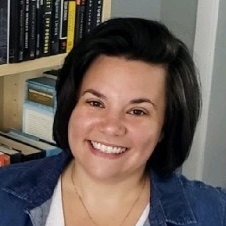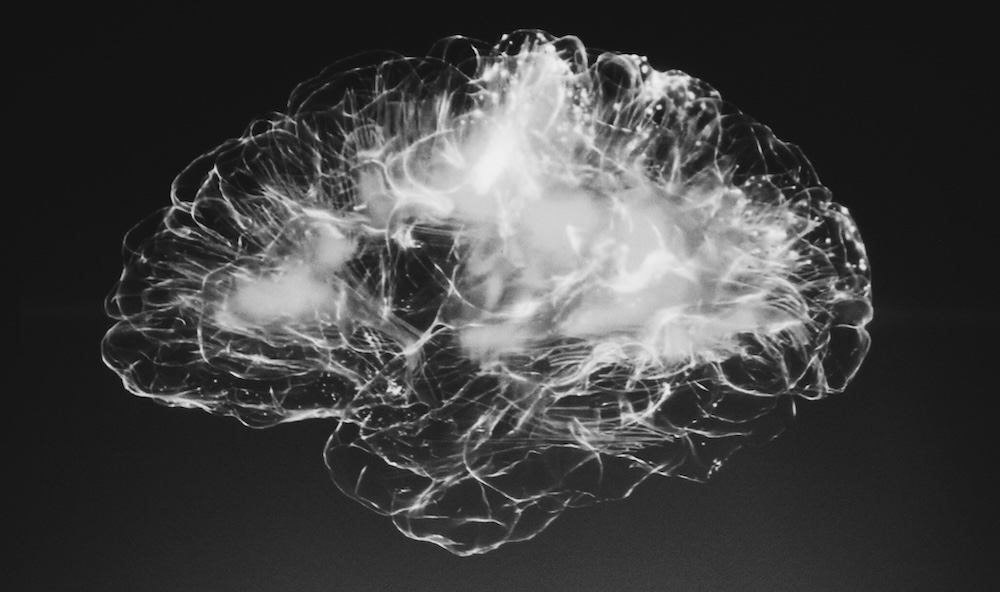Growing up, I often felt like an outsider in a world designed for people who thought and learned differently. As a child, I struggled with reading and writing, my letters dancing on the page like a chaotic symphony. Teachers often chalked it up to laziness or lack of effort, leaving me feeling frustrated and misunderstood. It wasn’t until I turned 35 that the pieces of my neurodivergent puzzle began to fit together, unveiling a clearer picture of my experiences and challenges.
The Struggles of Dyslexia
Dyslexia shaped much of my early educational experience. Reading felt like wading through mud; each word was a hurdle to overcome rather than a doorway to new worlds. I developed coping mechanisms, relying heavily on auditory learning and oral communication. While I found ways to navigate the educational system, the constant battle with written language left me feeling inadequate and anxious.
Dyslexia is often viewed through a narrow lens, primarily focusing on reading difficulties. However, it affects various cognitive processes, including memory and information processing. This meant that in social situations, I sometimes struggled to keep up with conversations, and my thoughts could become jumbled, adding to my social anxiety.
The Invisible Struggle of Autism
Throughout my life, I exhibited traits that aligned with Autism—my intense focus on specific interests, my preference for routines, and my sensitivity to sensory overload. However, I didn’t recognize these traits as markers of Autism until much later. Without a diagnosis, I navigated life feeling out of sync with my peers. And very much like an outsider.
Social interactions often felt like deciphering a complex code. While I craved connection, I struggled to understand social cues and norms. I frequently experienced overwhelming feelings in crowded places, yet I didn’t understand why. The emotional toll was immense, contributing to feelings of isolation and anxiety.
The Turning Point: Diagnosis at 35
The turning point in my journey came when I sought help for my ongoing struggles. After a thorough evaluation, I received an Autism assessment. This revelation was both liberating and daunting. Finally, I had a framework to understand my experiences and challenges. My dyslexia and undiagnosed Autism had intertwined, creating a unique set of obstacles that had influenced my life in profound ways.
Understanding my Autism helped me reframe my dyslexia. I realized that my strengths—creative thinking, problem-solving, and hyper-focus—could coexist with my challenges. I began to see my neurodivergence not as a deficit but as a different way of engaging with the world.
Embracing My Neurodivergence
Receiving my diagnosis was like shedding a heavy coat I had worn for years. I learned to advocate for myself and seek accommodations that honored my learning style. In professional settings, I communicated my needs—whether using visual aids in meetings or requesting written instructions for tasks. This openness fostered understanding among my colleagues and created a more inclusive environment. And my being so open with my identities has brought others along and created spaces where folks can share their experiences more openly.
Moreover, I discovered the importance of community. Connecting with other neurodivergent individuals allowed me to share experiences and strategies, reinforcing that I was not alone in my journey. Through these connections, I found a sense of belonging and acceptance.
A New Perspective on Life
As I embraced my neurodivergence, I found new ways to channel my strengths. I began exploring creative outlets like writing and art, where my unique perspective could shine. My experiences with dyslexia and Autism enriched my storytelling, allowing me to convey ideas in innovative ways. Instead of viewing my challenges as barriers, I recognized them as integral parts of my identity that informed my creativity.
The late diagnosis also prompted a deeper exploration of self-compassion. I learned to appreciate my journey, recognizing that my path had equipped me with resilience and empathy. These qualities not only enhanced my personal growth but also enriched my relationships with others.
A Journey of Growth and Acceptance
Discovering my dyslexia and Autism has transformed my life in ways I never anticipated. What once felt like a constant battle has become a source of empowerment. My journey has taught me that neurodivergence is not merely about challenges but also about unique perspectives and strengths.
As I continue to navigate life, I hold onto the belief that understanding ourselves—flaws, strengths, and all—is key to thriving in a world that often favors conformity. My experiences have shaped who I am, and I embrace my neurodivergence with pride, ready to face whatever challenges lie ahead, and a deep knowing of myself that is different than anyone ever thought possible. Additionally, has given me an opportunity to create neuroinclusive and neuroaffirming workplaces and educational spaces for others.

Victoria Verlezza, PhD
Victoria is a dedicated and (aspiring) equity-centered trauma-informed educator grounded in social justice education pedagogy. Her research focuses on racial identity development, emerging adults, equity, and the influence technology and media, specifically social media, have on human development. Victoria is passionate about teaching and learning as a symbiotic relationship and believes awareness is an action that leads to change.
Victoria is also is a dynamic presenter and speaker offering content applicable to any group. She has the ability to tailor her workshops to any level of awareness and loves to work with all kinds of organizations.

